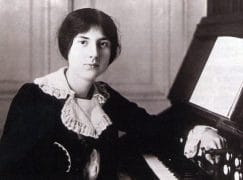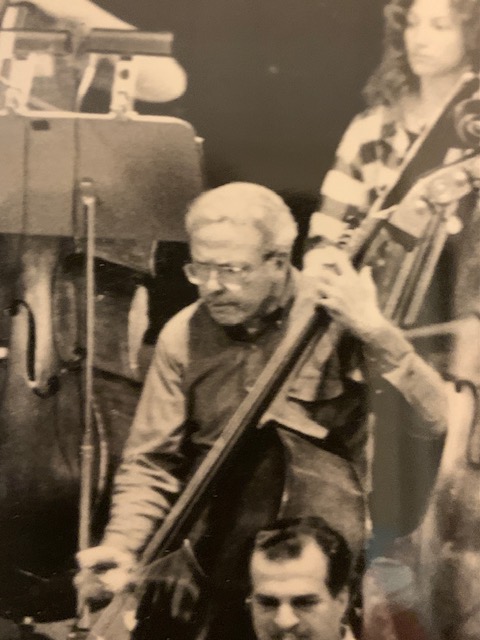A woman composer who died 100 years ago today
main... success led to a contract from the publisher Tito Ricordi in 1913, which assured her a fixed yearly income and resulted in the publication of her prize-winning cantata. In 1916, Ricordi further published …
Read on here.






Comments